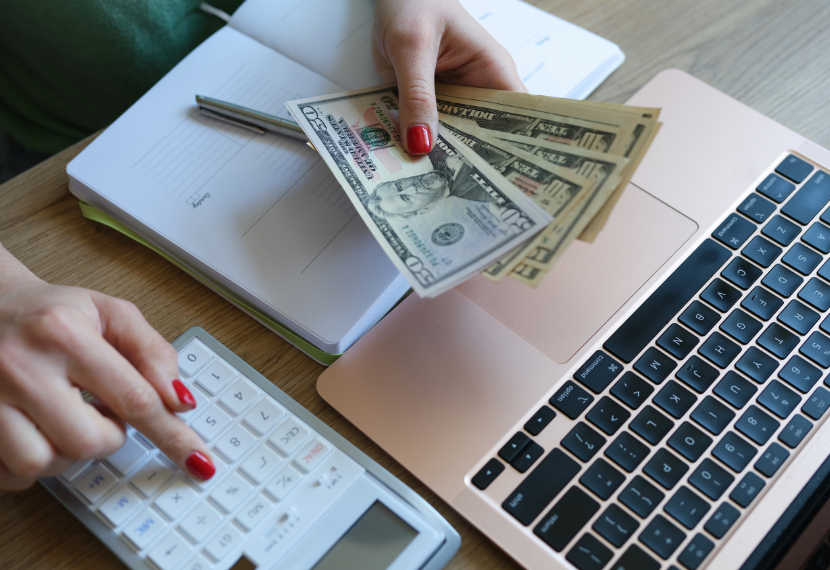Have you ever walked into a store for a single item and walked out with a full cart? Or clicked on a tempting online sale only to find your digital shopping bag filled with things you didn’t plan to buy? You’re not alone. Impulse buying is a common behavior influenced by emotions, marketing tactics, and even our brain’s wiring. Understanding why we spend impulsively can help us take control of our financial decisions and develop smarter money habits.
Why Do We Impulse Buy?
1. Emotional Spending
Shopping often serves as an emotional outlet. Stress, excitement, sadness, or boredom can all drive us to spend money impulsively. A quick purchase can provide a temporary mood boost, but the satisfaction is often short-lived.
2. The Power of Marketing
Retailers use psychological tactics to encourage spending. Limited-time offers, flash sales, and “buy one, get one” promotions create a sense of urgency that makes it harder to resist purchases.
3. Instant Gratification
Our brains are wired to seek immediate rewards. When we buy something, dopamine—the “feel-good” neurotransmitter—is released, reinforcing the behavior and making it more likely we’ll repeat it.
4. The Illusion of Savings
Discounts and sales often trick us into spending more than we originally intended. We justify our purchases by believing we are saving money when, in reality, we might be buying things we don’t truly need.
How to Curb Impulse Buying
1. Pause Before You Purchase
Implement the 24-hour rule: if you feel the urge to buy something, wait a day before making the purchase. This helps you determine if the item is a genuine need or a fleeting want.
2. Set a Budget and Stick to It
Allocate a specific amount for discretionary spending each month. Use cash or a prepaid card instead of credit to make it easier to stay within limits.
3. Make a Shopping List
Before heading to a store or browsing online, write down what you need and commit to sticking to your list. This prevents you from being swayed by in-store promotions or flashy ads.
4. Avoid Triggers
Identify situations that lead to impulse buying. If you tend to shop when you’re stressed, find alternative coping mechanisms like exercise or meditation. If online shopping is your weakness, unsubscribe from promotional emails and remove saved payment details from your favorite shopping sites.
5. Track Your Spending
Use a budgeting app or maintain a spending journal to review your purchases regularly. Seeing where your money goes can help you become more mindful of unnecessary expenditures.
6. Adopt a Delayed Gratification Mindset
Practice mindful spending by asking yourself whether a purchase aligns with your long-term financial goals. If not, redirect those funds into savings or an investment that benefits you in the future.
Final Thoughts
Impulse buying can be a significant barrier to financial wellness, but with awareness and discipline, it is possible to take control of your spending habits. By understanding the psychological triggers behind impulsive spending and implementing practical strategies, you can make more intentional financial choices.
Next time you feel the urge to make an unplanned purchase, take a step back and ask yourself: “Do I really need this, or am I just caught in the moment?” Being honest with yourself will lead to more stable buying habits in the future.







